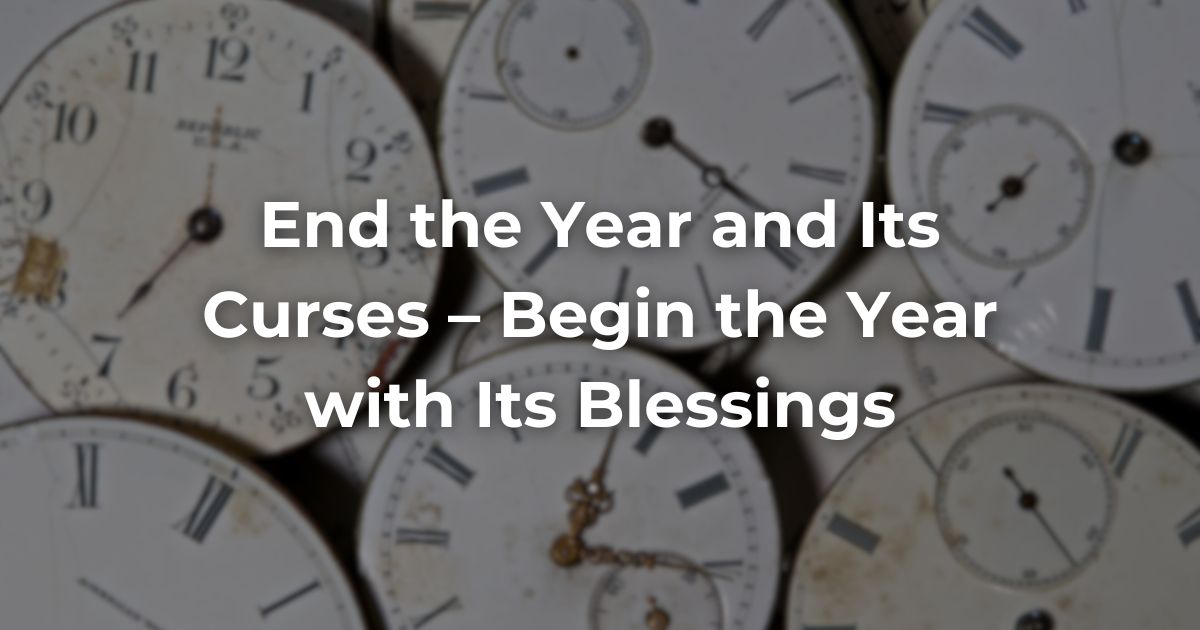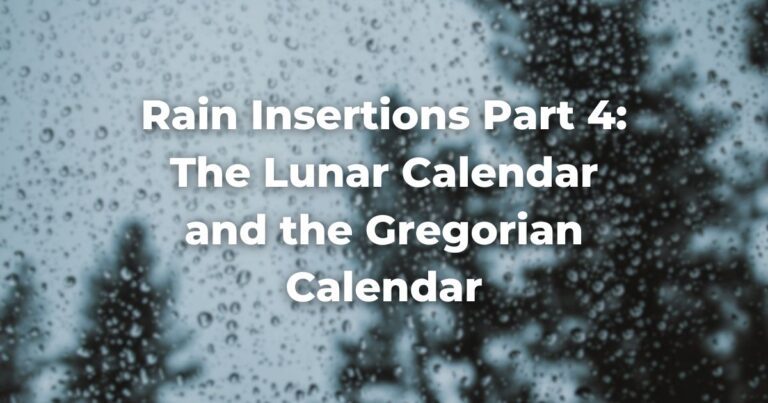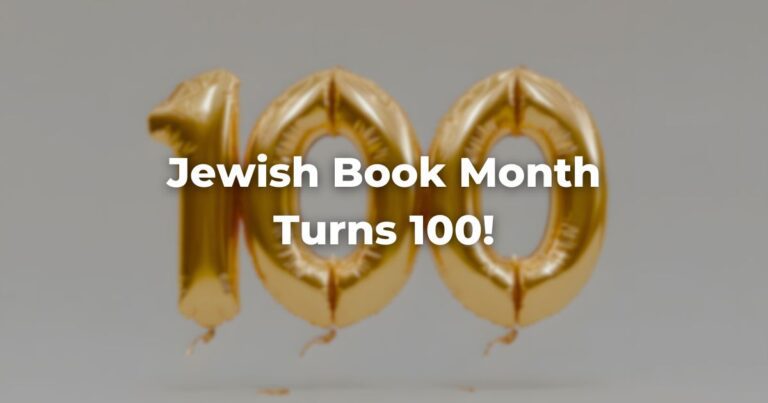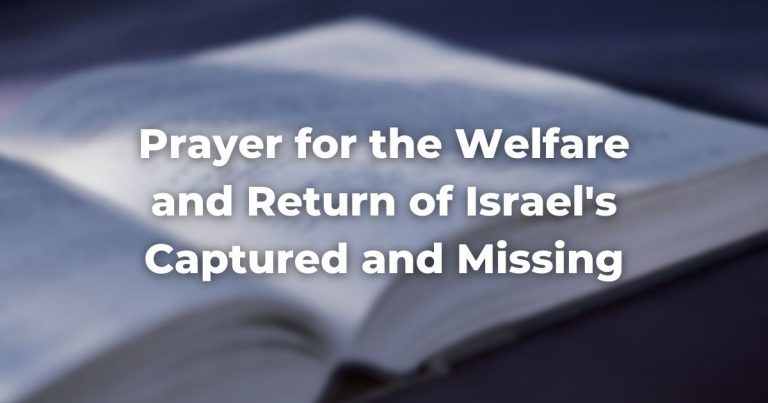At the time of writing these lines, Rosh Hashanah is a few weeks away, and there are no words, no breath left after more than eleven months of fighting, of loss, and of pain over our captives in Gaza. Of incessant praying for their return home. Yet, despite everything, Rosh Hashanah 5785 will arrive in all its might, even if, in our hearts, we still stand in the prayers of Simchat TorahRefers to the first five books of the Hebrew Bible, the Tanakh, also called the Five Books of Moses, Pentateuch or the Hebrew equivalent, Humash. This is also called the Written Torah. The term may also refer to teachings that expound on Jewish tradition. Read more 5784…
Today the world stands as at birth. Today all creation is called to judgment, whether as Your children or as Your servants. If as Your children, be compassionate with us as a parent is compassionate with children. If as Your servants, we look to You expectantly, waiting for You to be gracious to us and, as day emerges from night, to bring forth a favorable judgment on our behalf, awe-inspiring and Holy One. (From the Musaf prayer for Rosh Hashanah, Mahzor Lev Shalem)
During the Musaf prayer on Rosh Hashanah, we will say more than ten times, “Today the world stands as at birth…” These words—which every year inspire awe in the face of the terror of judgment that is taking place at this very moment—are said after the shofar blasts that penetrate the walls of the heart, opening a gate for supplication, compassion and hope that we may all indeed be worthy of a good life and a blessed year.
But 5784 was unlike other years; did we fail in judgment a year ago? How and why was such a terrible decree passed upon us, beginning on Shemini Atzeret and with no end yet in sight? Reflecting on the past year, I can only conclude that we, as a community, were found guilty in judgment. Despite our pleas for a good life, peace, and a sweet year – we received a bitter, terrible year, too harsh to bear.
Yet, alongside this thought, just before the door closes on 5784, I wish to remember every single one of the thousands and thousands of acts of kindness, bravery, dedication, and selfless love that accumulated in our nation’s account. Israel mobilized in all its glory—from near and far—to raise its banner and dignity and, most importantly, to say, like our anthem, “that our hope is not lost,” עוד לא אבדה תקוותנו, not just in words but mainly in deeds.
“Today the world stands as at birth…:” Alongside the accounting we must give of ourselves and of others regarding the past, let us remember that Rosh Hashanah, “the birth of the world,” is an opportunity to be reborn as individuals and as a community, together with creation. Indeed, despite the disasters we have faced through thousands of years, we have also known how to rise, unite, and grow stronger from the fractures. And so, it will be this time as well.
This year, on the eve of Rosh Hashanah, we will shed tears with the singing of the special piyyut (liturgical poem) that opens the holiday, Achot K’tanah, which begins: “The little sister prepares and arranges her prayers, O God, please heal her afflictions. End the year and its curses.” We will wholeheartedly ask that we indeed leave behind the curses and the troubles, the pains and fears of the past year, and we will conclude with words of hope for the coming year: “Be strong and rejoice, for the destruction has ended, hope in the Rock who has kept covenant with you, and ascend to Zion where we will say: Clear the paths, begin the year and its blessings.”
Amen, and amen, may it be so.




